Lawmakers demand end to discretionary power of customs officials
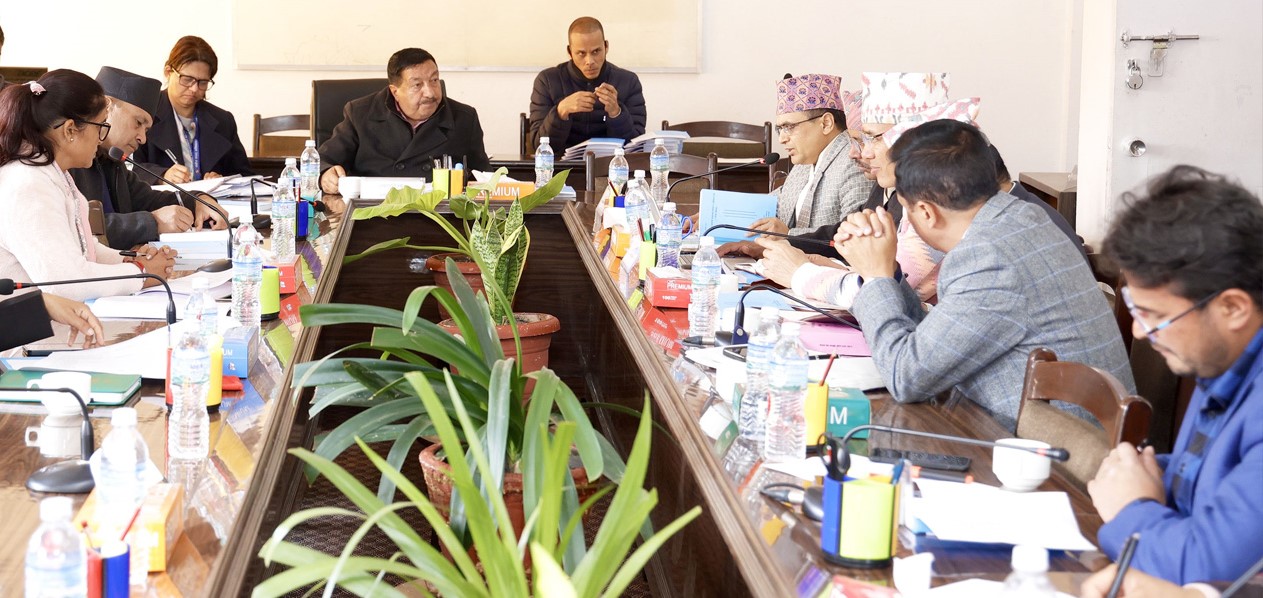
KATHMANDU: Lawmakers have called for the removal of discretionary powers granted to customs officials, urging for legal measures to curb smuggling and collusion among security personnel and customs staff at border checkpoints. The demand was raised during a discussion on the Customs Act (Amendment and Integration Bill, 2080) in the House of Representatives’ Finance Committee on Tuesday.
Swarnim Wagle, a lawmaker from the Rastriya Swatantra Party, advocated for simplifying customs procedures and integrating technology-driven administration to minimize human interference. “While visiting Parsa, I heard allegations that senior officials amass up to NPR 100 million during their tenure. Corruption in customs administration is as clear as daylight. We need to transition to a technology-friendly system where human involvement is minimized,” said Wagle.
Lawmaker Surya Thapa criticized the existing customs system, stating that commercial goods were being imported without undergoing proper customs procedures. “From my personal observation, consumable goods are entering the country bypassing customs processes. Commercial items are coming in through informal arrangements. Complaints suggest collusion among security personnel is facilitating this. The law needs to be amended to regulate this,” said Thapa.
Former Finance Minister Prakash Sharan Mahat emphasized the importance of concluding discussions on the bill, which was introduced during his tenure. He underscored the need for simplifying customs procedures and reducing human error through automated services.
Similarly, former Finance Minister Gyanendra Bahadur Karki urged Finance Committee Chair Santosh Chalise to expedite deliberations on the critical bill, even suggesting double-shift discussions. He stressed the necessity of amending laws to protect citizens in border areas.
Gyanendra Shahi of the Rastriya Prajatantra Party raised concerns about neglecting the agricultural sector in the Customs Act amendments. “Farmers suffer when local agricultural produce is undercut by cheaper imports from India during harvest seasons. This has led to losses for domestic producers. Anti-dumping taxes have not been implemented in Nepal. Policies must be adopted to benefit domestic farmers,” Shahi argued.
CPN-UML lawmaker Ambar Bahadur Rayamajhi stressed the importance of ensuring customs operations remain above reproach, given the department’s significance to the government. “Let us address the issue of imported goods undermining internal production. The Ministry of Industry has emphasized promoting domestic products, and this should be a universal practice,” he added.
Delayed Amendments Highlighted by Finance Minister
Deputy Prime Minister and Finance Minister Bishnu Prasad Paudel acknowledged delays in updating customs-related laws in line with Nepal’s international commitments. “The proposed Customs Bill should be finalized without delay. Additionally, a separate act regarding customs duties has already been enacted and is in effect. This discussion will help ensure no redundancy or conflict between the two laws,” said Paudel.
The lawmakers’ discussions have highlighted the urgent need for systemic reforms in Nepal’s customs administration to address inefficiencies, corruption, and challenges faced by domestic industries.


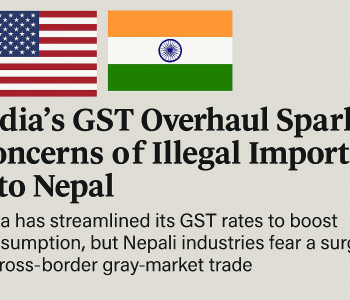
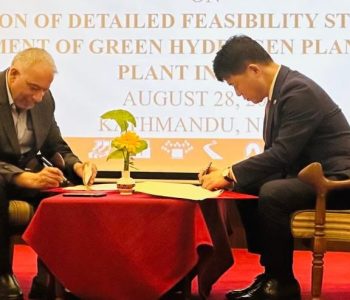


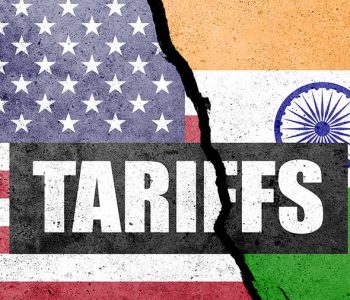
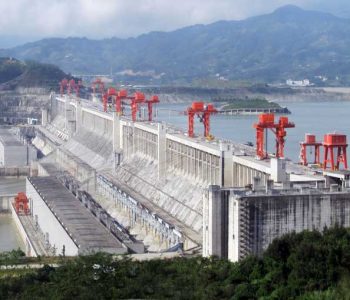

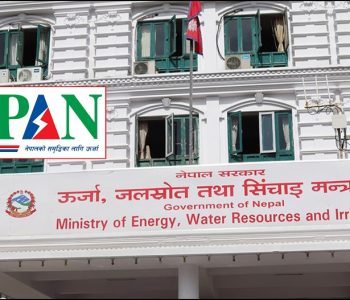
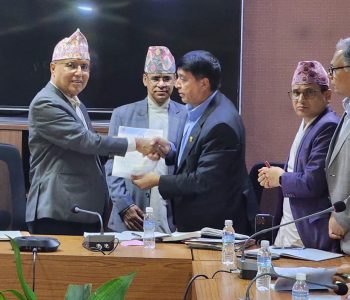

Facebook Comment